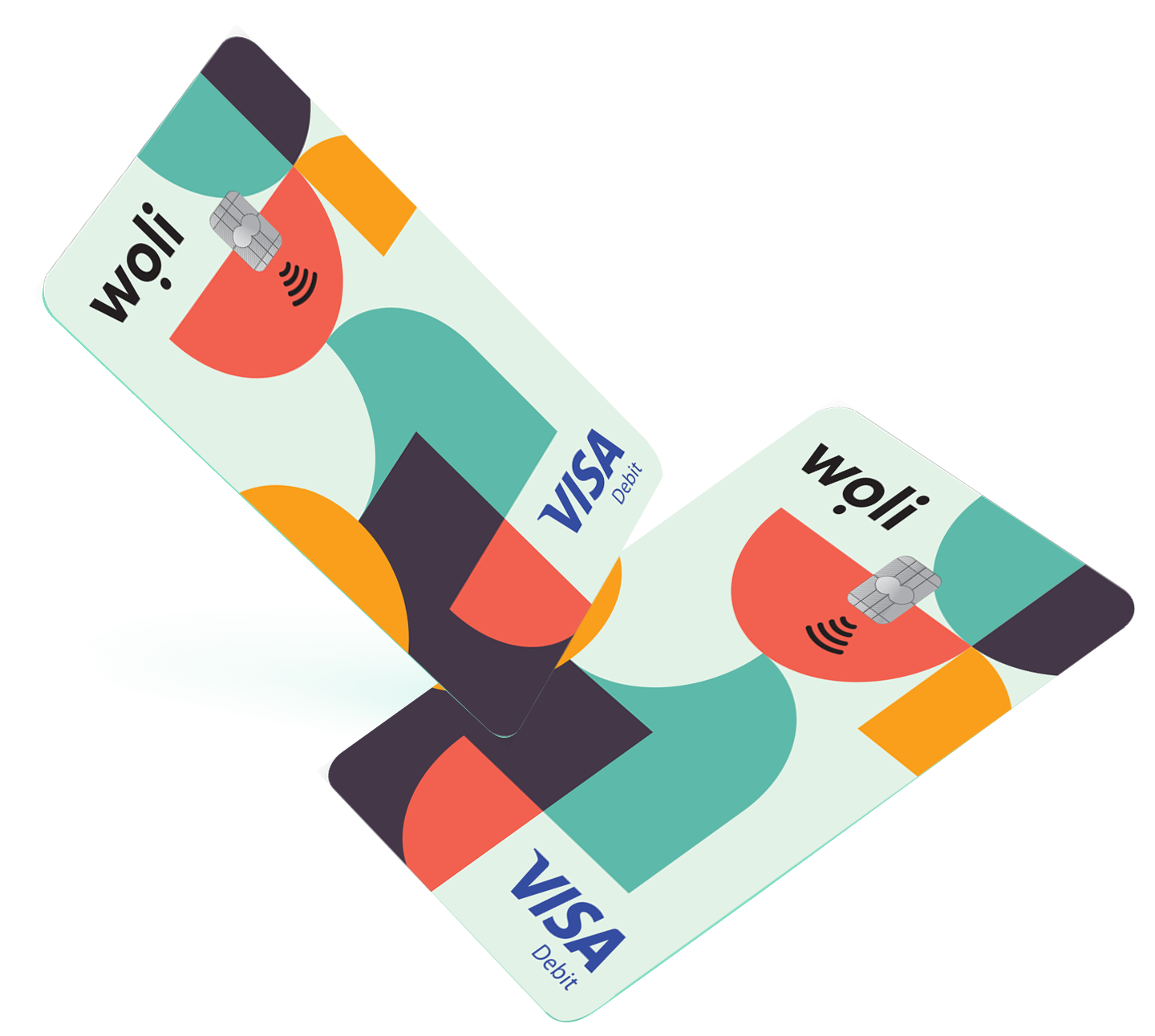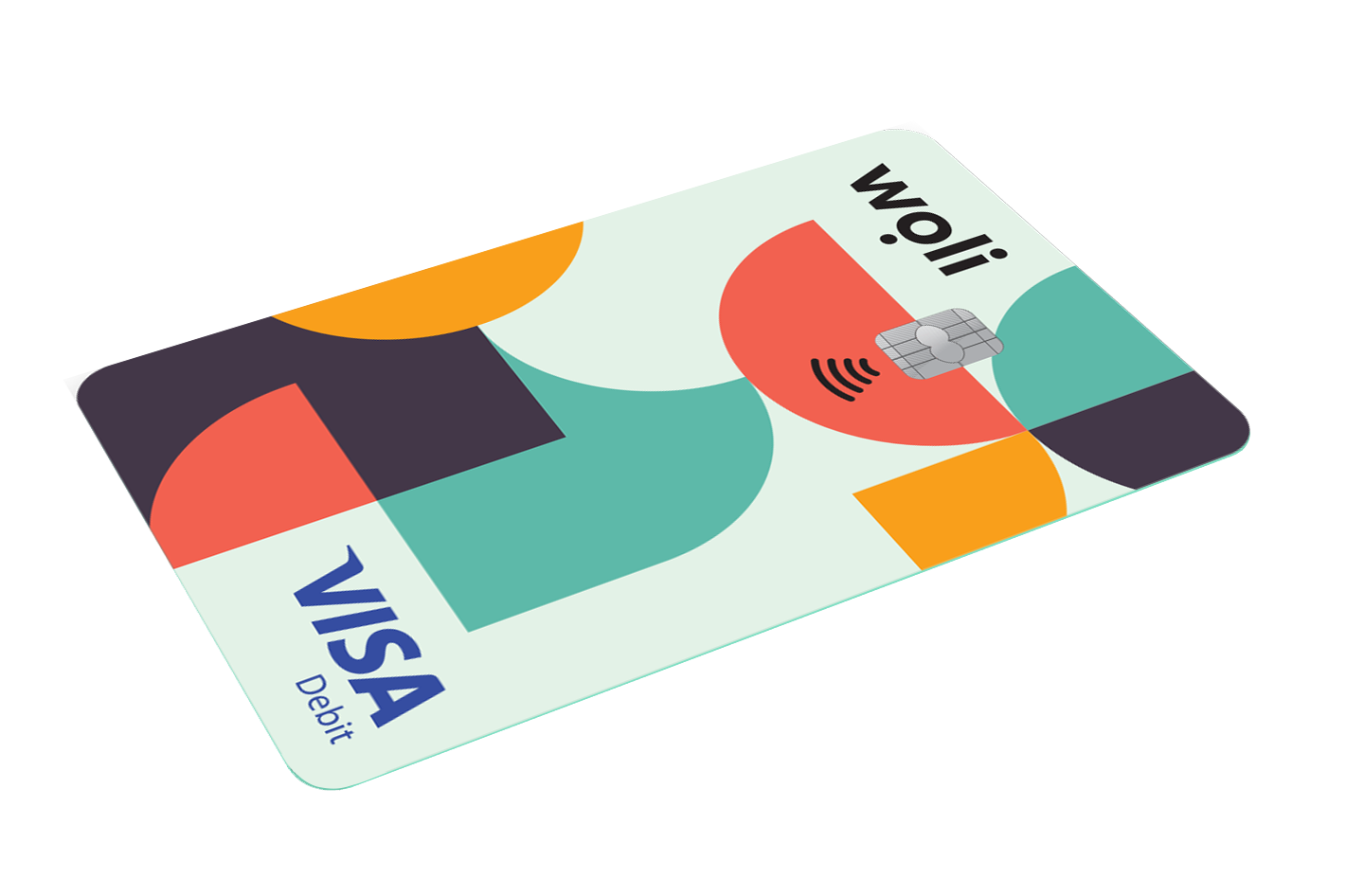From preschool age and until adulthood, one of the most important lessons in relation to the management of money in which we, as parents, can help our children is the Budget. Our role in learning this particularly useful financial habit is twofold and arises both through the counseling we offer them and, above all, by acting ourselves as role models that have established the budget in our lives.
Educating children on how to budget varies from age to age. Focusing on the age and needs of each child, we manage to help them realize that it is something that concerns them. The simplest way to get a child interested in the budget is to discuss with him how he himself intends to manage his savings.
In this effort, the woli app, which helps manage money and educate and cultivate financial and life skills, is an extremely good ally as it makes the budget look like a game.
First, we write on a piece of paper the child’s income. We discuss what we define as fixed income (e.g. weekly pocket money) and what we define as extraordinary income (e.g. money from chores).
Then, we shed light on what differentiates needs from desires. The main goal is for children to be able to recognize what they really need and what it is that they actually want but do not need. Thus, through this knowledge, they learn to prioritize their choices and expenses.
This step is extremely important for recording expenses. Through this process, children realize how many of their monetary resources they can spend and where, whether their expenses tend to exceed their income or vice versa, or whether they can save some amount for future use.
At this point it is advisable to mention the importance of saving an amount for an emergency that in the case of children can be, for example, a breakdown of their computer or a gift for a party that arose. Learning from an early age to have a safety net, children in adulthood will experience less financial stress when unexpected events arise in life that require financial investment.
All this only makes sense when we show consistency and continuity in the preparation of our budget. Usually, as adults we budget our money per month but for children, depending on their age and needs, the period during which we give them pocket money can change. But it is important that there is always firmness and regularity in the process to turn the budget into a good financial habit.
Helping our children to master such a habit is something truly valuable for their future. Teaching them how to budget helps them build a solid foundation and transform into financially independent and self-reliant adults who will be able to experience a life with less stress and more well-being.









